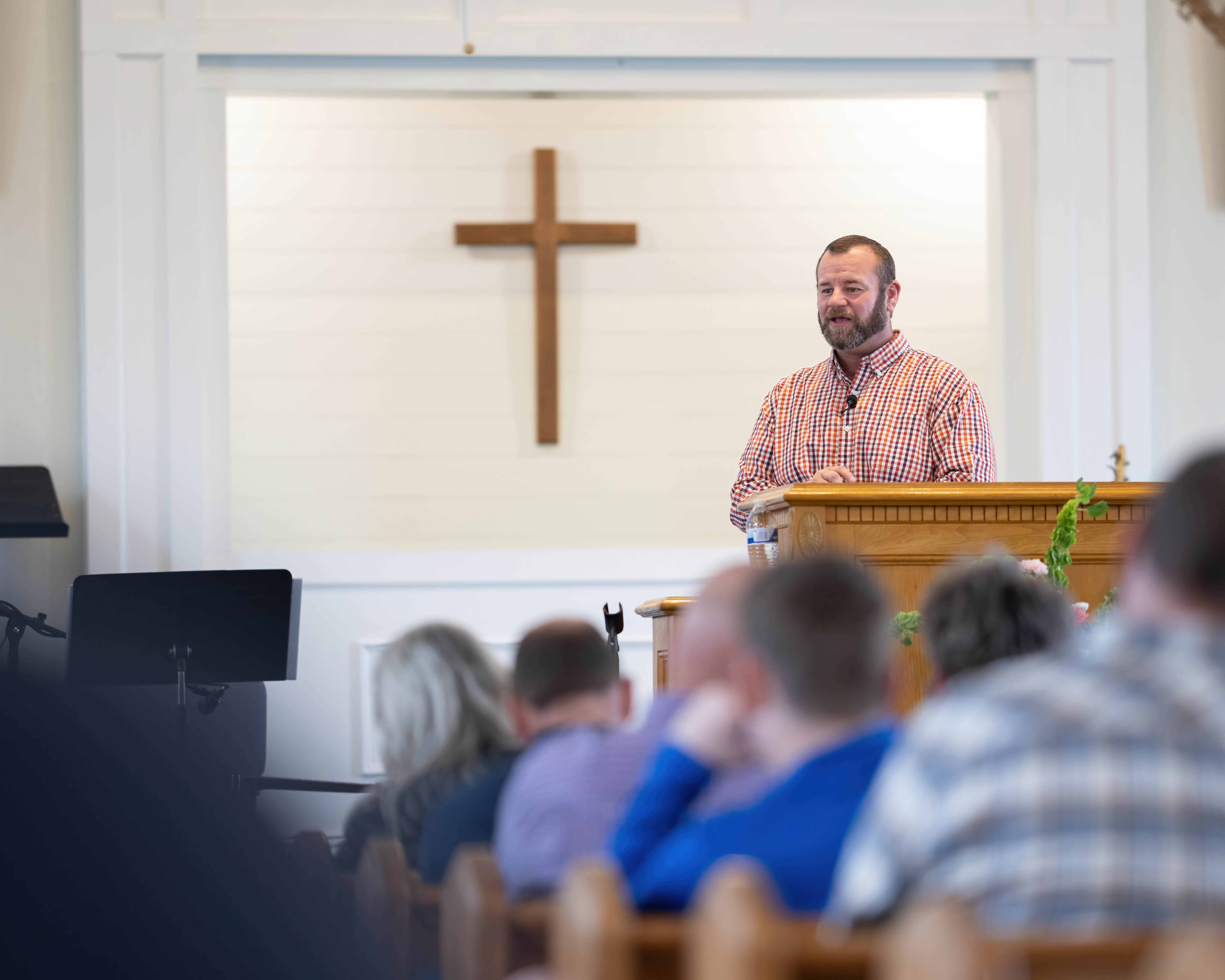Matthew 7: 1-6
- Jason Mull

- Oct 20, 2025
- 2 min read
It seems like we live in a world where “Judge not” is quoted more than John 3:16 — but often for all the wrong reasons. Some use it to avoid conviction, while others forget what Jesus was really warning against in Matthew 7:1–6.
Jesus wasn’t telling us to throw away all discernment or stop calling sin what it is. He was calling us to look in the mirror before we point a finger.
“For with what judgment you judge, you will be judged; and with the measure you use, it will be measured back to you.” — Matthew 7:2
The Pharisees of Jesus’ day loved to measure everyone else’s holiness while ignoring the cracks in their own hearts. Sadly, the modern church isn’t immune to that same trap. We can get loud about the sins that show on the surface — but stay silent about the pride, gossip, bitterness, or self-righteousness that hide behind the pew.
That’s why Jesus used the image of a man with a plank in his eye trying to remove a speck from someone else’s. It’s a reminder that we can’t help others clearly until we’ve allowed God to deal with our own blindness.
True discernment doesn’t come from a critical spirit — it comes from a cleansed heart. Once the plank is gone, our vision changes. We start correcting not to condemn, but to restore. We stop trying to win arguments and start trying to win souls.
The last verse of this passage is easy to skip over, but powerful:
“Do not give what is holy to the dogs; nor cast your pearls before swine.” — Matthew 7:6
Jesus was teaching balance. We’re not to be judgmental on one hand, but we’re also not to be gullible or careless with truth. Wisdom and love walk hand in hand when the Holy Spirit leads.
So before we judge, let’s pray:
“Lord, remove the plank from my eye. Teach me to see others through Your mercy, not my measure.”
Because when grace governs our judgment, we start looking a lot more like Jesus — and a lot less like the Pharisees.
.png)






Comments